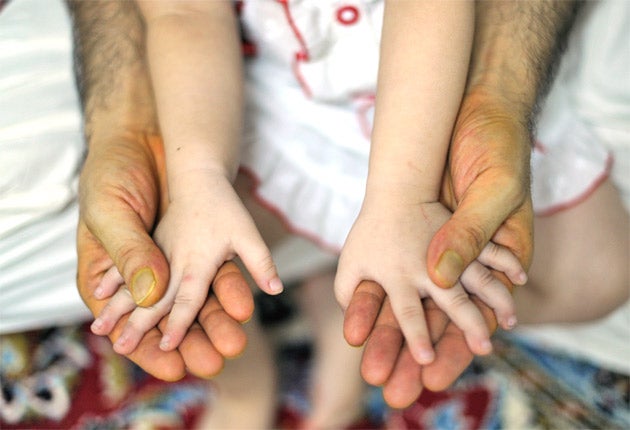Setback for Julia Gillard as refugee swap is blocked

Your support helps us to tell the story
From reproductive rights to climate change to Big Tech, The Independent is on the ground when the story is developing. Whether it's investigating the financials of Elon Musk's pro-Trump PAC or producing our latest documentary, 'The A Word', which shines a light on the American women fighting for reproductive rights, we know how important it is to parse out the facts from the messaging.
At such a critical moment in US history, we need reporters on the ground. Your donation allows us to keep sending journalists to speak to both sides of the story.
The Independent is trusted by Americans across the entire political spectrum. And unlike many other quality news outlets, we choose not to lock Americans out of our reporting and analysis with paywalls. We believe quality journalism should be available to everyone, paid for by those who can afford it.
Your support makes all the difference.Australia's refugee policy is in disarray after Julia Gillard's government's plan to send asylum-seekers to Malaysia for processing was struck down by the High Court yesterday.
The court upheld a challenge by two Afghan men facing deportation, ruling that they could not be sent to a country without adequate legal safeguards. Malaysia has not signed the United Nations' convention on refugees, and is not obliged under its domestic laws to protect their rights.
Human rights groups welcomed the ruling, which came almost exactly 10 years after the notorious Tampa affair signalled a much tougher policy on "boat people". The former conservative prime minister John Howard refused to allow the Tampa, a Norwegian tanker, to dock at Christmas Island, an Australian territory in the Indian Ocean, with a cargo of shipwrecked asylum-seekers.
Chris Bowen, Immigration Minister in Gillard's Labor government, called the court ruling "profoundly disappointing", and said ministers were studying its implications. Asked about the possibility of processing boat people on the remote island of Nauru instead – a policy embraced by Mr Howard following the Tampa stand-off – Mr Bowen declined to rule it out.
In a deal aimed at deterring people from making the dangerous voyage from Indonesia to Christmas Island, Australia planned to send 800 asylum-seekers to Malaysia. In exchange, it would accept 4,000 refugees from Malaysia who had been awaiting resettlement.
The "swap" had been widely condemned, with critics noting Malaysia's record of mistreating refugees. Amnesty International hailed yesterday's judgment as a "landmark victory for human rights". David Manne, the lawyer who mounted the challenge, said his clients were "extremely relieved", as they had been "petrified about being sent to Malaysia".
The 6-1 majority decision makes permanent an injunction that had prevented the first batch of people from being deported from Christmas Island. It also requires Mr Bowen to give written consent for any unaccompanied minor to be removed from Australia. The government had been bitterly attacked for including unescorted children in its Malaysia plan.
Government lawyers had argued that the deal with Kuala Lumpur did guarantee that those sent there would be protected. Mr Bowen said the High Court judgment had ramifications for the general concept of processing asylum-seekers offshore.
Although extremely expensive, offshore processing has been a central plank of Australian policy since the Tampa affair. In banishing asylum-seekers from the mainland, governments have aimed to dissuade more boats from coming, and to demonstrate a tough line to voters.
The High Court said that any third country to which asylum-seekers were sent must be bound by domestic or international law to protect them. It also ruled that Mr Bowen had no legal power to deport people whose asylum claims had not yet been assessed.
Mr Bowen predicted that the flow of boats, which has slowed considerably this year, would accelerate because of the court decision. "Let's make no bones about it... It is a significant blow to our efforts to break the people smugglers' business model," he said.
Join our commenting forum
Join thought-provoking conversations, follow other Independent readers and see their replies
Comments